Conference Speakers
The International System Dynamics Conference (ISDC) attracts renowned authors presenting their work. Alphabetical order.
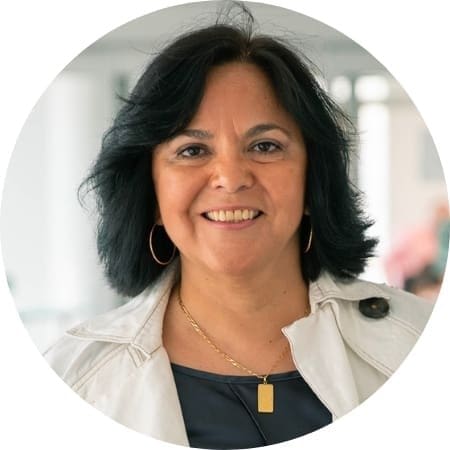
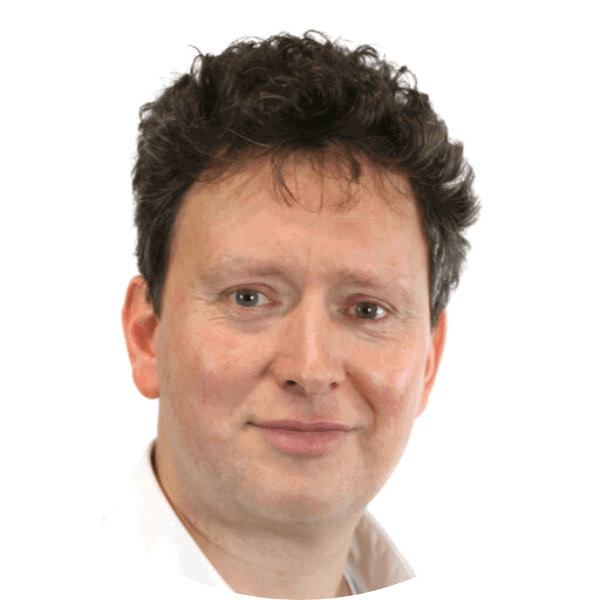
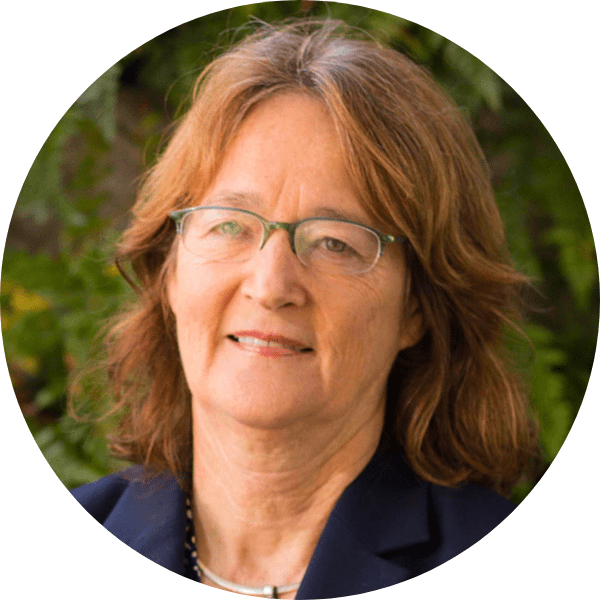
Margaret Brandeau
Stanford University
Margaret uses mathematics and economics for policy decisions. Her research, resulting in over 150 articles and significant policy impact, focuses on health issues like HIV, drug abuse, and COVID-19. Brandeau has received numerous awards for her contributions to operations research and policy.
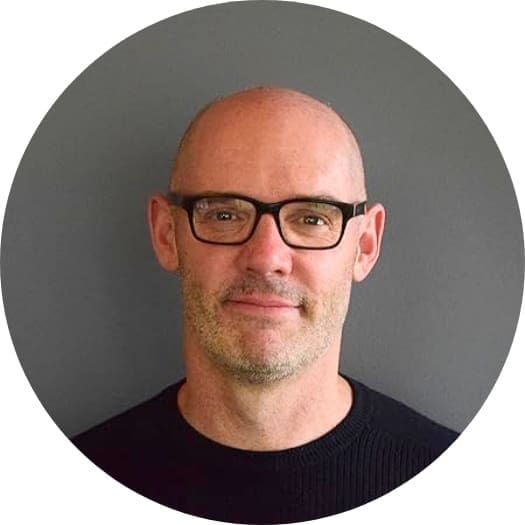
Scott E. Page
University of Michigan
Renowned author and distinguished university professor, Scott specializes in complexity, social science, and management across multiple disciplines. His research delves into diversity’s roles in complex systems, contributing significantly to economics, and political science
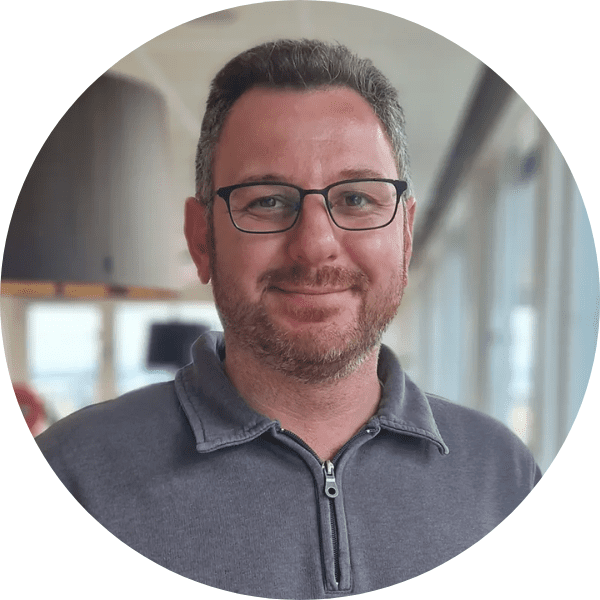
Billy Schoenberg
isee systems
Billy is a lead developer at isee Systems inc, and a researcher at the University of Bergen. He is the “Dad of the FRIDA model” which is a simple, box-model-type joint climate – IAM (Integrated Assessment Model) or world-Earth model. The goal of his research in this area is to better understand the interconnections between the climate and human systems with the goal of identifying high leverage policies for sustainable development.
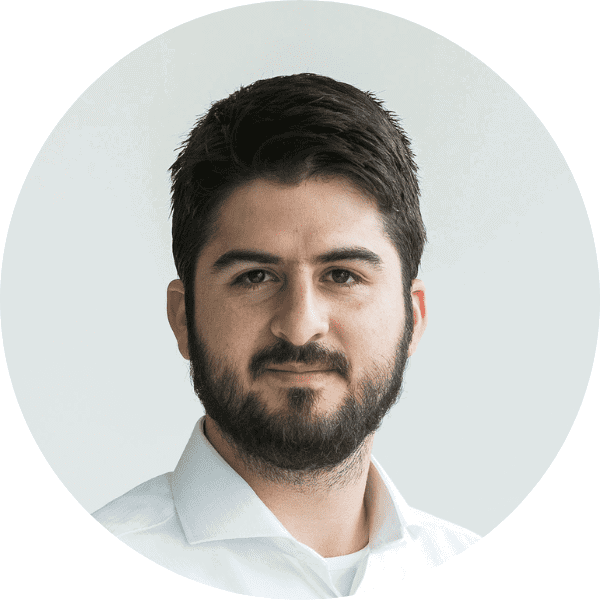
Juan Ríos-Ocampo
University of Strathclyde
Juan Ríos-Ocampo is a Lecturer in the Department of Management Science at the University of Strathclyde in Glasgow, Scotland. He holds a BS in Economics and an ME in Systems Engineering from the National University of Colombia, and a PhD from the University of New South Wales (UNSW) in Sydney, Australia. Juan’s research focuses on how policymakers’ mental models and decision-making in urban planning impact societal well-being in cities.

Michael Shayne Gary
University of New South Wales
Michael Shayne Gary is a Professor at UNSW Business School in Sydney, Australia. He holds a BS in Management Science from the Massachusetts Institute of Technology (MIT) and a PhD in Strategy and International Management from London Business School. Shayne’s research in behavioral strategy examines how differences in managerial mental models and implementation policies lead to differences in organizational performance.
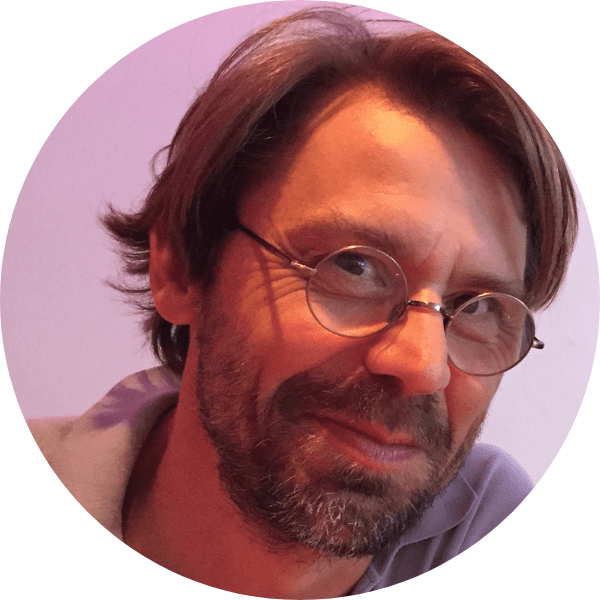
Jeroen Struben
Emlyon Business School
Jeroen Struben is an Associate Professor of Strategy and System Dynamics at Emlyon Business School. He studies market formation processes—over-time interactions across stakeholders working through social and material adoption challenges—with a focus on sustainable consumption and production. In addition, Jeroen studies societal transformation problems including of overcoming persistent gender inequality. He tackles these problems using methods including simulation and empirical analysis of large spatiotemporal datasets. Jeroen received his PhD at MIT’s Sloan School of Management and holds an MsC in Physics from Delft University of Technology.
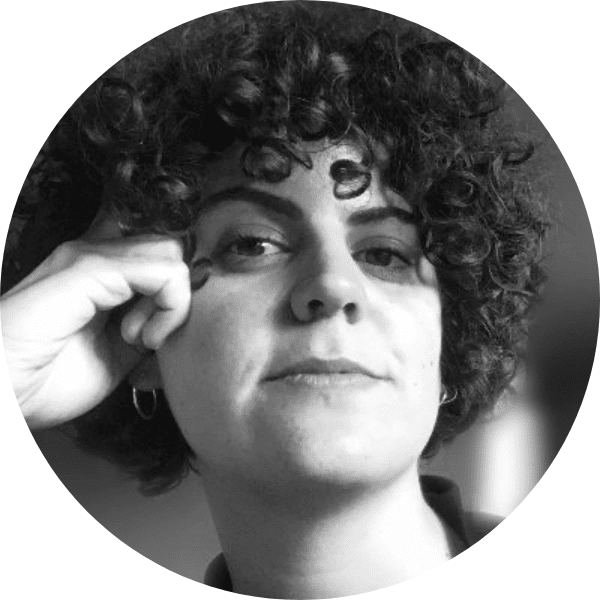
Anna Pagani
University College London
Anna Pagani is a postdoctoral researcher in the fields of people-environment studies, housing studies, and systems thinking. Her work aims at disentangling the complex interrelations that hinder the provision of healthy and sustainable housing for all. She holds a double Master’s degree from Politecnico di Torino and Milano in Architecture and Building Engineering with honors, and a PhD from Ecole Polytechnique Fédérale de Lausanne (EPFL). Her doctoral thesis was awarded the EDAR Doctoral Program Thesis Distinction.

Ann Osi
Virginia Tech
Ann Osi is a Ph.D. candidate in Industrial and Systems Engineering at Virginia Tech, USA. Her research focuses on developing behavioral epidemic models that incorporate changes in human behavior to enhance the accuracy of epidemic trajectories, aiding effective public health decision-making against COVID-19 and future pandemics. She is also interested in dynamic models to improve health outcomes and inform healthcare policies. She earned a Bachelor’s Degree in Chemical Engineering from the University of Lagos, Nigeria, and has five years of professional experience in business operations and finance.
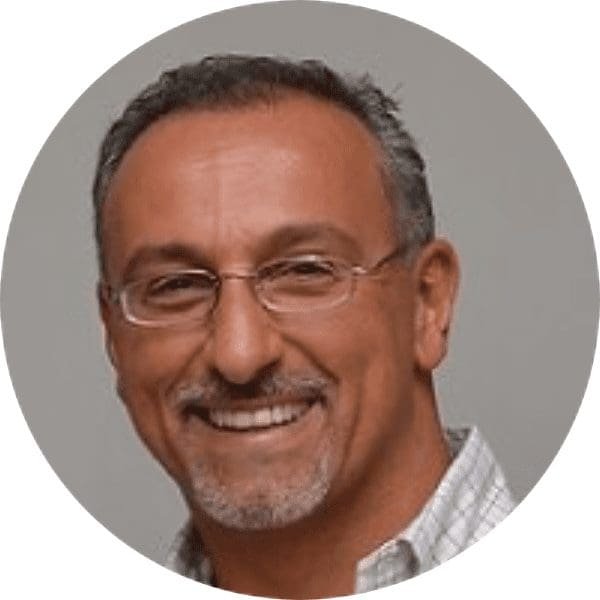
Paulo Goncalves
Università della Svizzera italiana (USI)
Paulo Gonçalves is Professor of System Dynamics and Director of the Humanitarian Operations Group and the Executive MBA (EMBA) at the Università della Svizzera italiana (USI), Switzerland. He is also a Research Fellow at the University of Cambridge Judge Business School (CJBS). Paulo holds a Ph.D. in Management Science and System Dynamics from MIT Sloan and a M.Sc. from MIT. Paulo’s research range from behavioral operations management to sustainability and from diffusion of epidemics to humanitarian logistics.
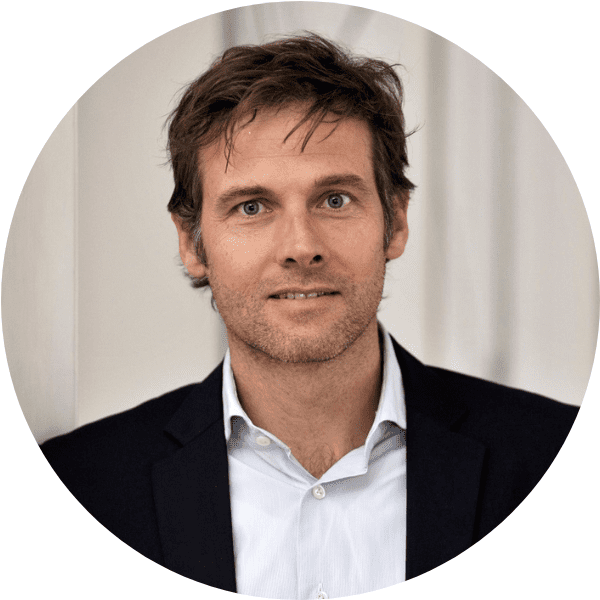
Florian Kapmeier
ESB Business School, Reutlingen University
Dr. Florian Kapmeier is Professor of Strategy at ESB Business School of Reutlingen University (Germany), research affiliate of the MIT Climate Pathways Project, and partner of Climate Interactive. For his research and teaching, he focuses on organizational aspects of the managing complex problems, increasingly addressing environmental sustainability issues. He is a member of the Dana Meadows Award Committee of the SD Society and served as a member of the Policy Council of the SD Society and as President of the German Chapter of the SD Society.
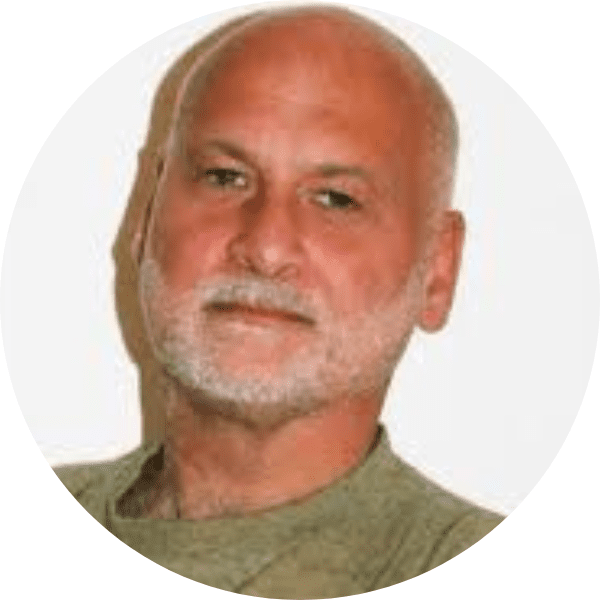
Pål Ingebrigt Davidsen
Riga Technical University
Pål I. Davidsen is Professor Emeritus of System Dynamics (SD) at UiB, Norway and Professor at Riga Technical University. He was twice a Visiting Scholar at MIT (1985 / -90 -91) and served with Professor Jay W. Forrester (MIT) as Associate Chair of the Pre-College Education Project. At UiB, he founded the System Dynamics Group and the Educational Information Science and Technology Programme and is co-founder of the European Masters Programme in SD. Davidsen has published e.g. on natural resource management, public health and epidemiology, analysis of complex, dynamic systems, and model-based interactive learning environments.
Register Today!
Take advantage of our early-bird prices and save on conference registrations!
